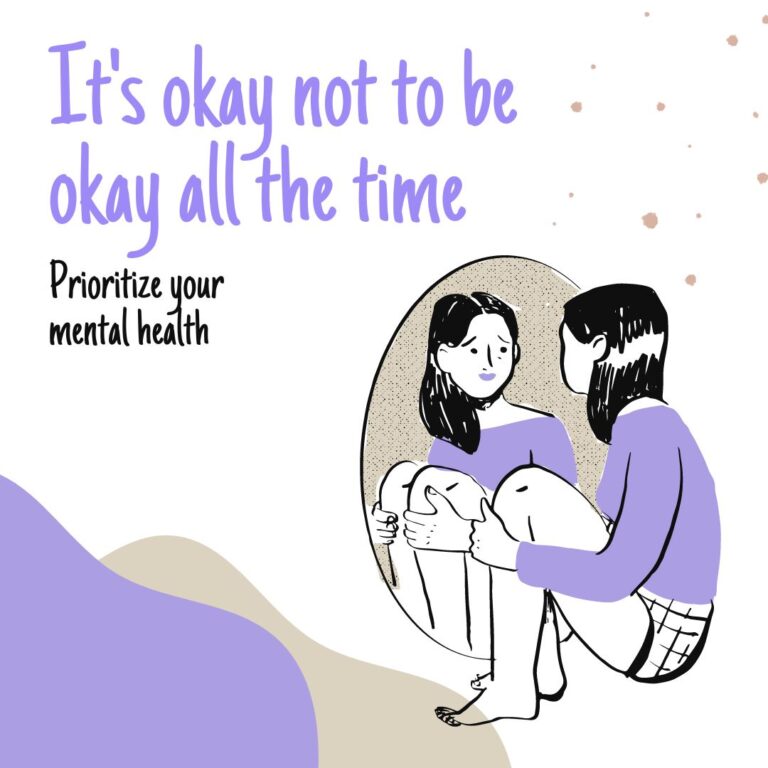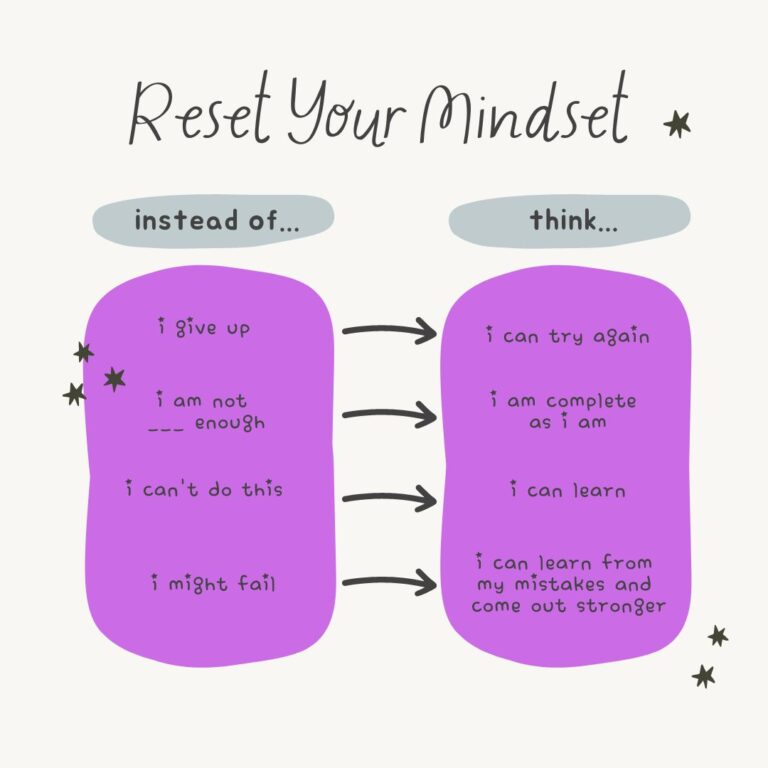Resource Material
-
MENTAL HEALTH RESOURCES
September 1, 2023 /
In today’s fast-paced and demanding world, it’s easy to overlook the importance of mental health. Many of us prioritize our physical health with regular exercise and a balanced diet, but we often neglect the well-being of our minds. However, mental health is just as crucial as physical health, if not more so. In this blog, we will explore the significance of prioritizing your mental health and provide practical tips to help you achieve a healthier, more balanced life.
Mental health refers to your emotional, psychological, and social well-being. It encompasses your thoughts, feelings, and behaviors, and it plays a vital role in how you handle stress, relate to others, and make choices. Good mental health isn’t just the absence of a mental illness; it’s about maintaining a positive state of well-being and resilience in the face of life’s challenges.
Mental health exists on a continuum, ranging from optimal mental well-being to various degrees of mental illness. It’s crucial to recognize that mental health isn’t binary—it’s a spectrum. A common misconception is that mental health and mental illness are opposites. In reality, they are interrelated. Just as physical health can fluctuate from excellent to poor, so can mental health. Mental illness is a diagnosable condition that may affect an individual’s mental well-being, but it doesn’t define the entirety of their mental health.
Why prioritize your Mental Health?
-
Improved Physical Health: There is a strong connection between your mental and physical health. Chronic stress and untreated mental health issues can lead to physical health problems such as heart disease, diabetes, and weakened immune function.
-
Enhanced Productivity: When your mind is in a good place, you’re better equipped to focus, make decisions, and solve problems efficiently. Prioritizing your mental health can boost your productivity at work and in your personal life.
-
Better Relationships: A healthy mind enables you to communicate effectively, empathize with others, and build stronger relationships. It’s a key component of emotional intelligence.
-
Resilience: Mental wellness equips you with the tools to cope with adversity and bounce back from setbacks. It helps you navigate life’s ups and downs with grace and resilience.
-
Healthy Relationships: Good mental health is essential for nurturing positive relationships. It enables you to communicate effectively, empathize with others, and establish meaningful connections.
-
Self-Understanding: Focusing on your mental health can lead to greater self-awareness. You gain insight into your thoughts, feelings, and behaviors, which can help you make positive changes and personal growth.
-
Preventative Care: Just as you engage in preventative measures to maintain physical health, prioritizing mental health is a form of preventative care. It can help identify and address issues before they escalate into more severe mental health conditions.
-
Reducing Stigma: Prioritizing mental health helps reduce the stigma surrounding mental illness. By openly discussing and addressing mental health concerns, we can contribute to a more accepting and supportive society.
-
Fulfillment: Ultimately, prioritizing mental health contributes to a more fulfilling and satisfying life. It allows you to pursue your goals and aspirations with a sense of purpose and well-being.

Practical Tips for Prioritizing Mental Health-
Self-Care: Make self-care a non-negotiable part of your routine. This can include activities like meditation, yoga, journaling, reading, or simply taking a leisurely bath. Find what brings you peace and make time for it regularly.
-
Set Boundaries: Establish clear boundaries in your personal and professional life. Learning to say no when necessary and protecting your personal time can prevent burnout and stress.
-
Seek Support: Don’t be afraid to reach out for help when needed. Whether it’s talking to a friend, family member, therapist, or counselor, seeking support is a sign of strength, not weakness.
-
Practice Mindfulness: Mindfulness involves being fully present in the moment, which can help reduce stress and anxiety. Try meditation or simply focus on your breath for a few minutes each day.
-
Maintain a Healthy Lifestyle: Proper nutrition, regular exercise, and adequate sleep are crucial for mental health. These factors can significantly impact your mood and overall well-being.
-
Socialize and Connect: Human connection is essential for mental health. Spend time with loved ones, engage in social activities, and nurture your relationships.
-
Manage Stress: Learn effective stress-management techniques, such as time management, deep breathing exercises, or progressive muscle relaxation.
-
Set Realistic Goals: Avoid setting overly ambitious or unattainable goals that can lead to frustration and stress. Break your goals into smaller, manageable steps.
-
Develop a Routine: Consistency can provide a sense of stability and control. Establishing a daily routine can help reduce anxiety and improve your mental health.
Prioritizing your mental health is not a luxury; it’s a necessity for a fulfilling and balanced life. Remember that mental health is an ongoing journey, and it’s okay to seek help and support when needed. By incorporating these practical tips into your life, you can work towards a healthier mind and overall well-being. Your mental health matters, and taking care of it is an investment in yourself and your future.
-